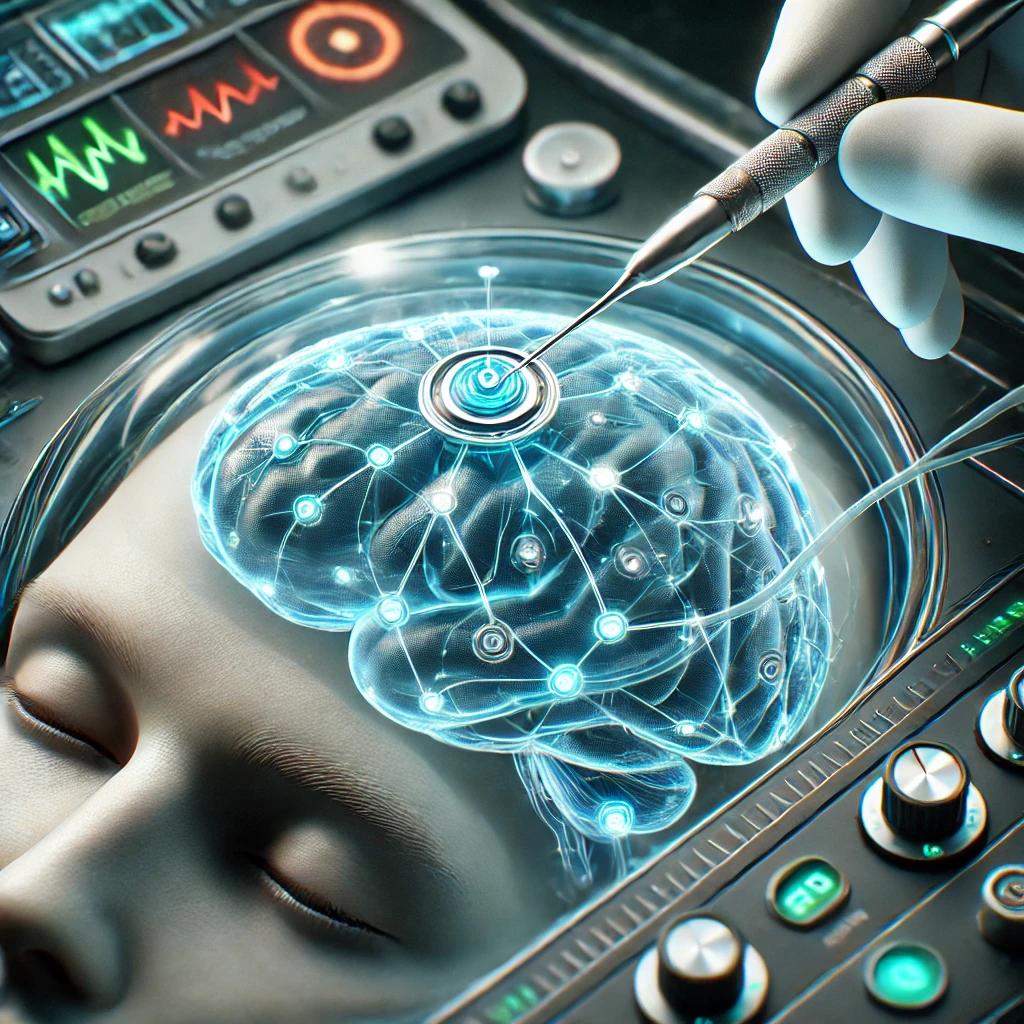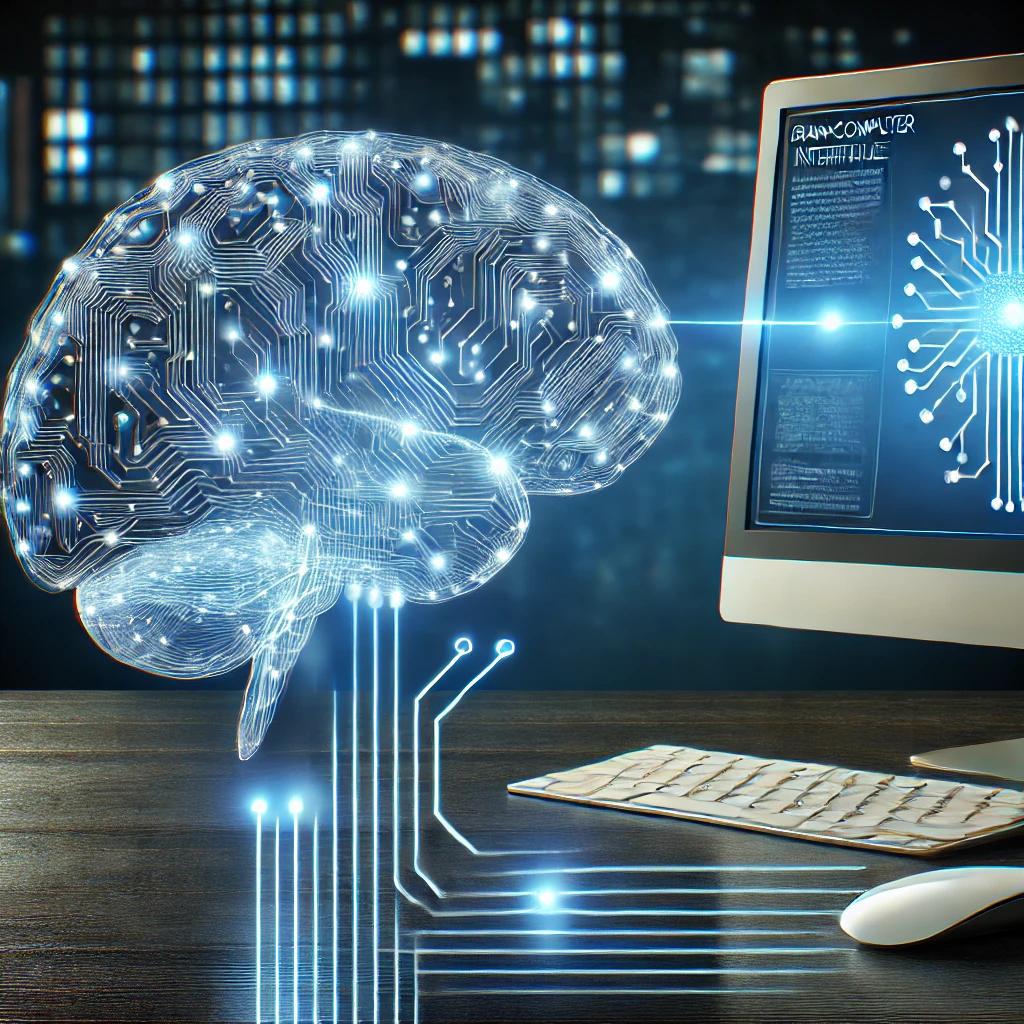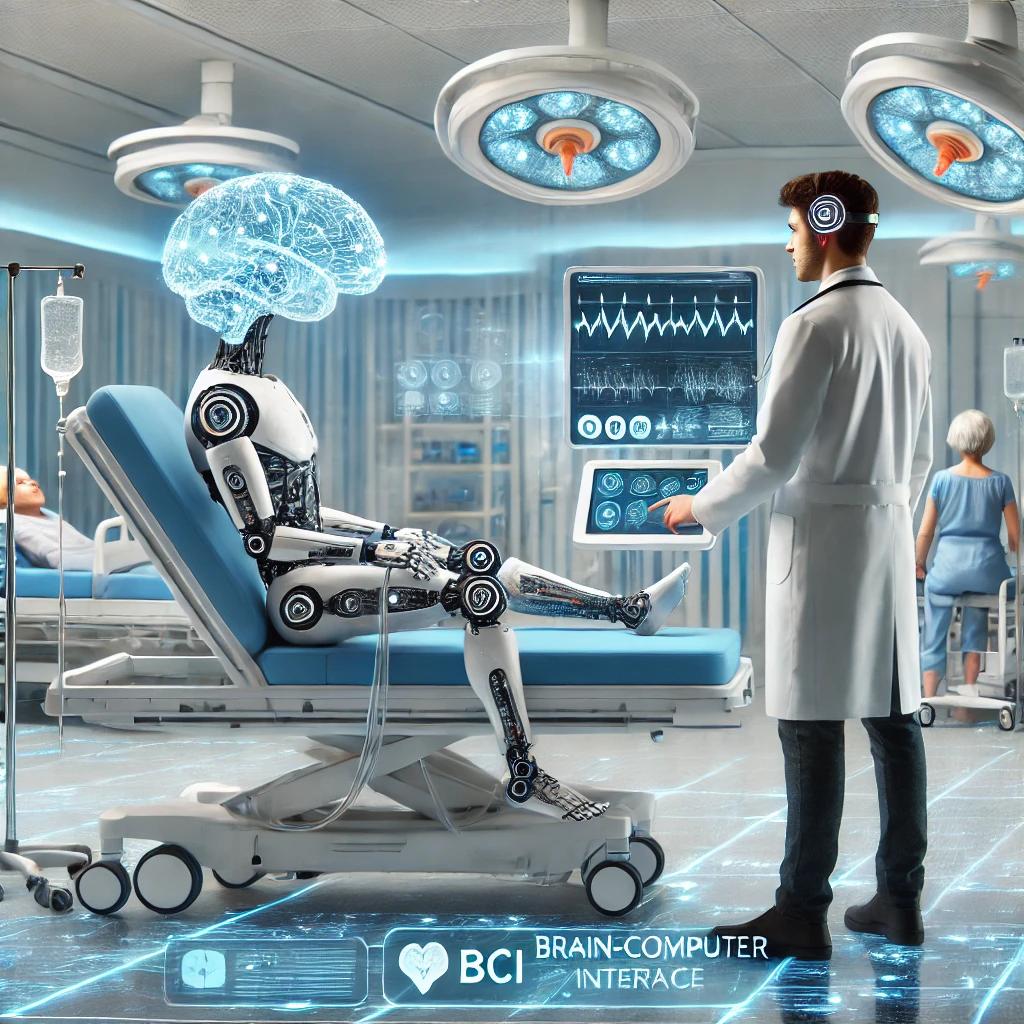In 2024, brain-computer interfaces (BCIs) are making waves as one of the most exciting technological advancements. Companies like Neuralink are leading the charge, pushing boundaries in neuroscience and technology. This innovation has the potential to reshape how humans interact with machines, offering groundbreaking applications in medicine, communication, and beyond.

What Are Brain-Computer Interfaces (BCIs)?
Brain-computer interfaces allow direct communication between the brain and external devices. This connection works by translating neural signals into commands that can control software, hardware, or even prosthetics. As complex as it sounds, the idea is straightforward: BCIs aim to bridge the gap between human thought and machine action.
In 2024, BCIs have moved beyond the research phase and are finding practical applications. Early successes include assisting individuals with disabilities, allowing them to control robotic limbs or computers with their thoughts. The implications for healthcare are enormous, especially for patients with neurological conditions like ALS or spinal cord injuries (Home of Technology News, Dr. Mark van Rijmenam).
The Leading Companies in BCI Development
At the forefront of BCI technology is Neuralink, a company founded by Elon Musk. Neuralink’s approach focuses on implantable devices that connect directly with brain neurons, creating a seamless flow of information between mind and machine. The goal? To enhance human capabilities, treat brain disorders, and eventually, achieve a symbiotic relationship with AI (Dr. Mark van Rijmenam).
Other companies are also making strides. For example, Synchron is working on minimally invasive BCIs, which don’t require complex surgeries. Their Stentrode device can be inserted into blood vessels, making it a less risky alternative for patients needing neural interfaces (McKinsey & Company).
How BCIs Could Change Healthcare
The most immediate impact of BCI technology will likely be in healthcare. BCIs can restore mobility to patients with paralysis by bypassing damaged areas of the nervous system. These devices offer real hope for people suffering from brain injuries or degenerative diseases like Parkinson’s and Alzheimer’s (Home of Technology News).
Researchers are also exploring the use of BCIs for cognitive enhancement. By connecting the brain to powerful AI systems, individuals may someday improve memory, learning, or even multitasking abilities. This opens the door to personalized medicine, where treatments could be tailored based on a person’s unique brain activity.

Beyond Medicine: The Future of Human-Machine Integration
While healthcare is the current focus, the potential of BCIs extends far beyond medical applications. Imagine a world where people can control their smartphones, computers, or even smart homes using only their thoughts. In 2024, we are still at the early stages, but advancements are accelerating (Exploding Topics).
Furthermore, BCIs could revolutionize communication. For example, people with speech disabilities could use BCIs to convey thoughts directly to a computer, bypassing the need for vocal cords altogether. This could improve accessibility in unprecedented ways.
Ethical Considerations and Challenges
With any groundbreaking technology, ethical concerns arise. BCIs raise questions about privacy, security, and even the potential for misuse. If brain data can be read or even manipulated, how do we protect individual autonomy? Furthermore, the technology must be developed with safeguards to prevent it from being used in harmful or exploitative ways.
Regulatory bodies and tech companies will need to address these issues as BCI adoption grows. Ensuring the ethical use of BCIs will be as important as the technology itself.
The Road Ahead for BCIs
In conclusion, brain-computer interfaces are set to change the landscape of human-machine interaction. While the technology is still in its infancy, 2024 marks a pivotal year with significant advancements in both research and real-world applications. From healthcare to communication, the potential of BCIs is limitless, but we must navigate the challenges with care.
As BCIs continue to develop, we can expect even more exciting applications in the coming years. Stay tuned to see how this transformative technology evolves and integrates into our daily lives.


